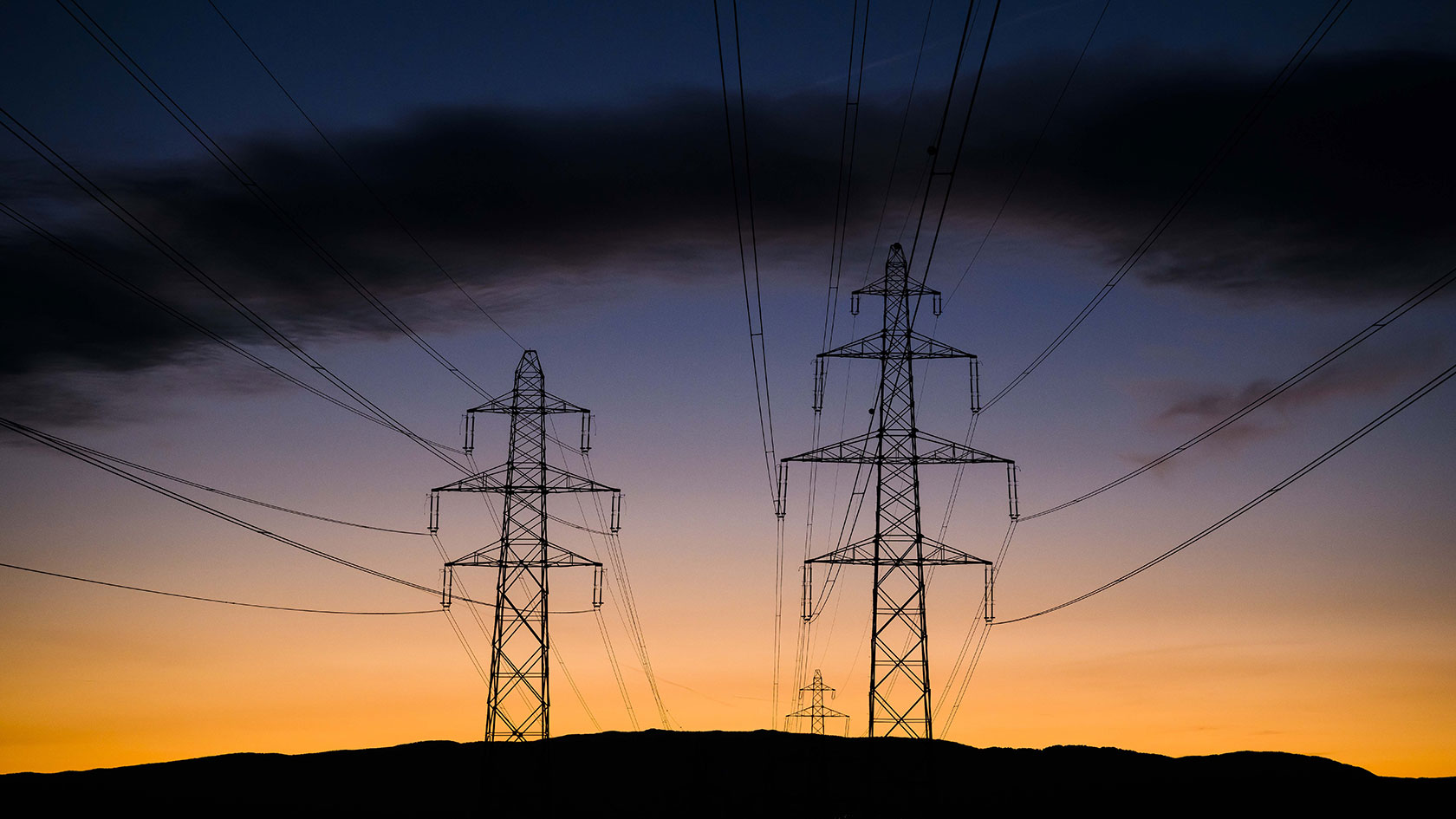UZH and ETH join the Winter Reserve
As the 2022/2023 heating period ends, it is evident that the University of Zurich and ETH Zurich – like the rest of Switzerland – have made it safely through the winter, despite a tense situation in the energy supply. In addition to the mild weather, the voluntary energy-saving measures and the precautionary measures taken by the authorities also helped to ease the situation.
Nevertheless, the outlook for next winter remains unchanged: in the 2023/2024 heating period, an energy shortage is again possible and must still be averted. This is something universities, the federal government, cantons, cities, municipalities, business and the energy sector all agree on. Throughout Switzerland, efforts to achieve energy savings for next winter will be continued and precautionary measures will be expanded upon and implemented (see Federal Council press release of 20 April 2023 – in German).
Compensating for uncertainties in power supply
One of the measures the federal government introduced last winter together with the national grid company Swissgrid and various energy service providers, and which will be continued for next winter, is known as the Winter Reserve (see Federal Council press release of 25 January 2023 – in German). The idea is to build up a national power reserve for the eventuality that electricity becomes temporarily scarce or supplies fail completely in winter or spring.
The Winter Reserve includes hydropower reserves. As of this year, it has also included a “supplementary reserve” consisting of reserve power plants, pooled emergency power generation and combined heat and power (CHP) plants – which, with a total capacity of up to 1,000 megawatts (MW), helps to increase security of supply in Switzerland.
One innovation is the pooling solution for emergency power generation: organized by the federal government, Swissgrid and energy service providers, this brings together the emergency power generation at various companies, organizations and institutions to form a network. In the event of a power shortage, this pool can supply Switzerland with additional electricity – just as the individual emergency power generators already do for certain facilities when the power fails.
UZH and ETH participate in the emergency power pool
Together, the University of Zurich and ETH Zurich have decided that they will support the safeguarding of Switzerland’s power supply by pooling their emergency power generation. Accordingly, both universities have made a portion of the power from their emergency generators available to the Winter Reserve. UZH has connected a total eight megawatts of power from its emergency power generation at Irchel Campus to the pool, in addition to five megawatts from ETH. However, the emergency power generated remains primarily available to both universities.
For pooling purposes, a special control device was installed at UZH and ETH Zurich. This enables the provision of additional power from the pool of emergency power generation in the event of an acute power shortage. “By participating in the Winter Reserve, we as a university are helping to ensure that Switzerland can act quickly should a power shortage situation occur,” say Steve Jürkel, head of the UZH energy management shortage team and Dario D’Ercole, head of the ETH energy shortage task force.
